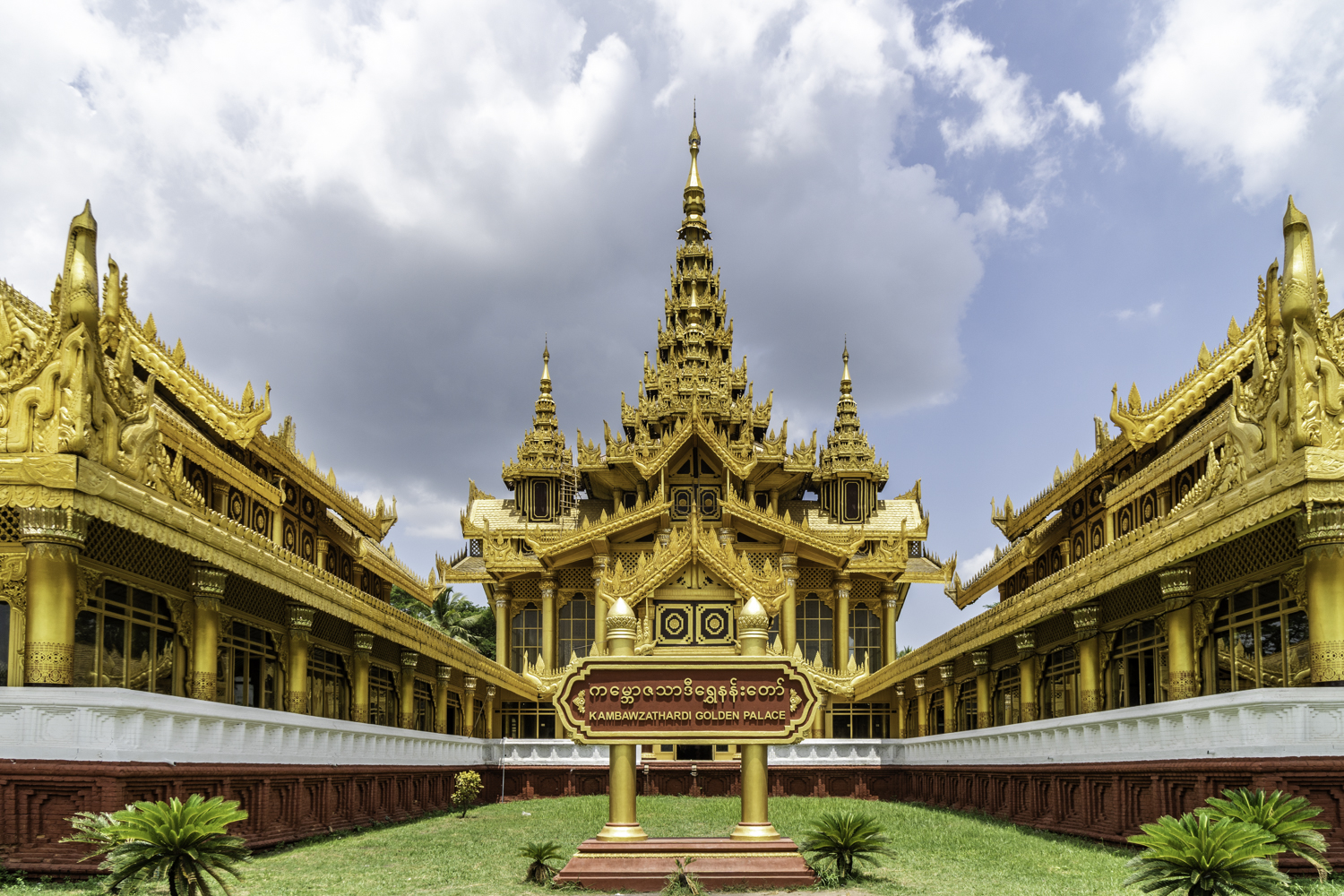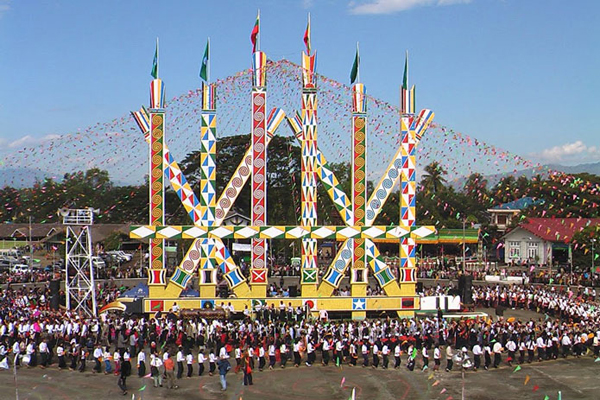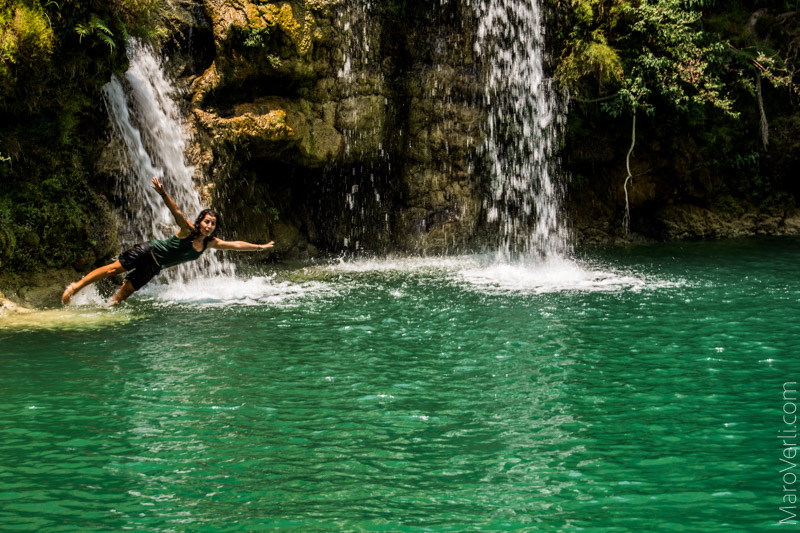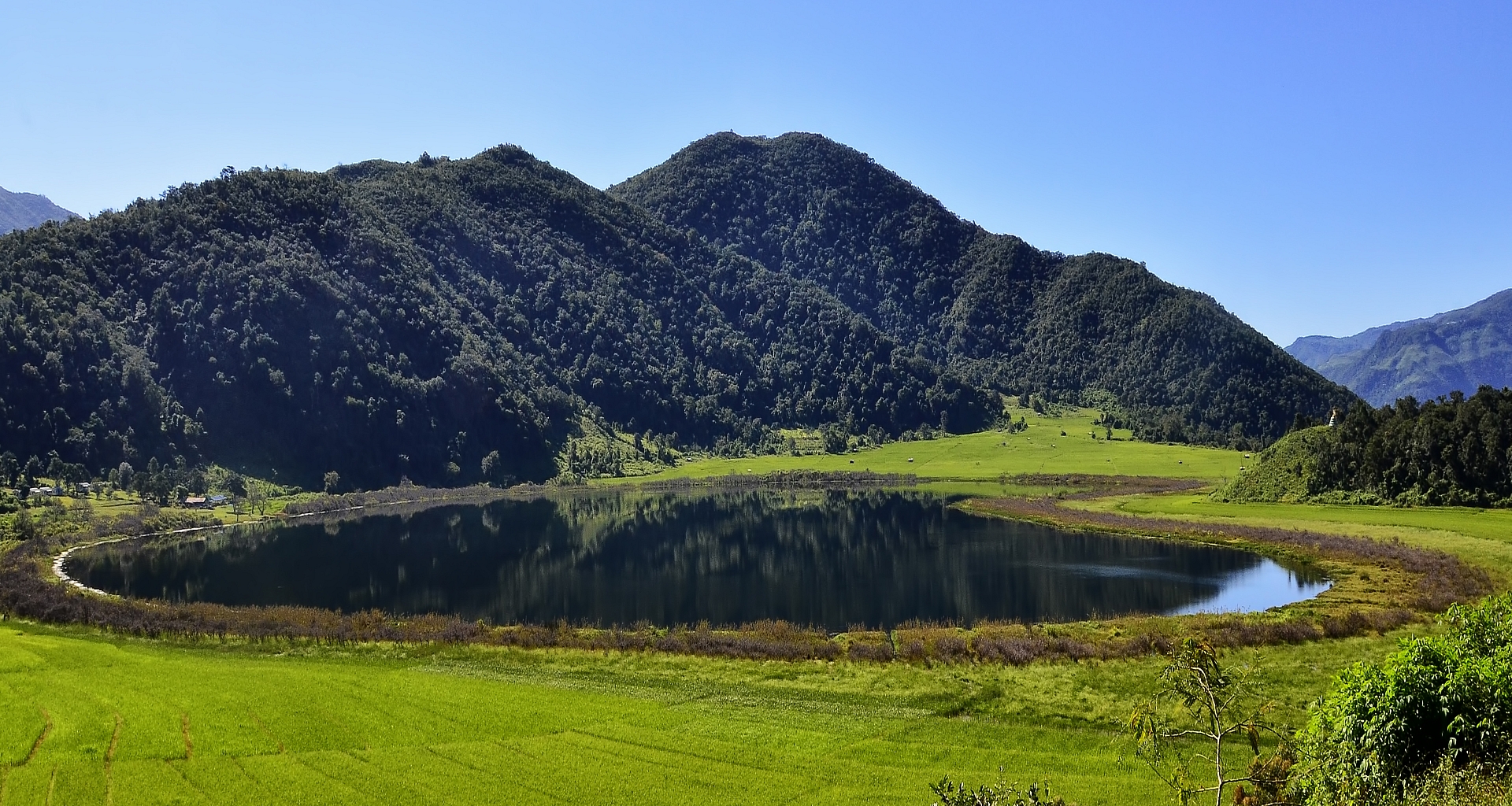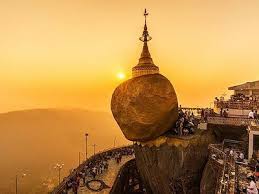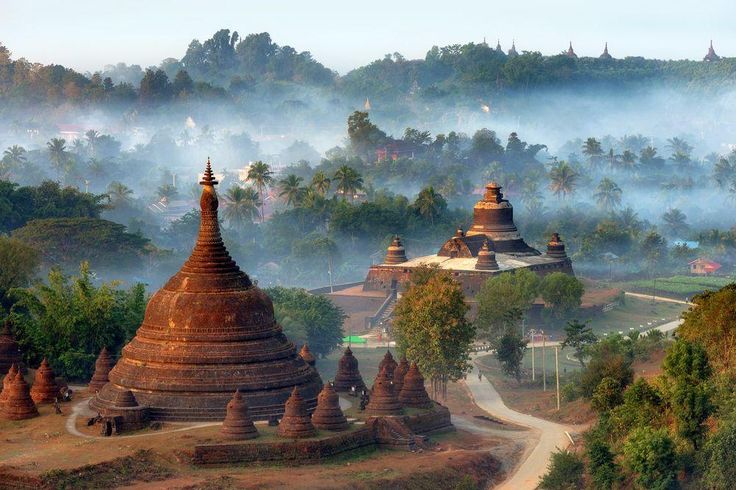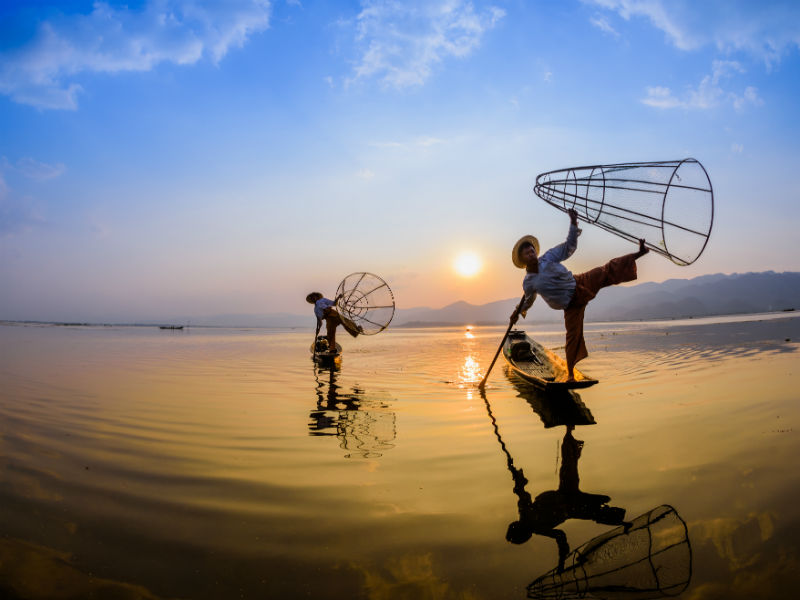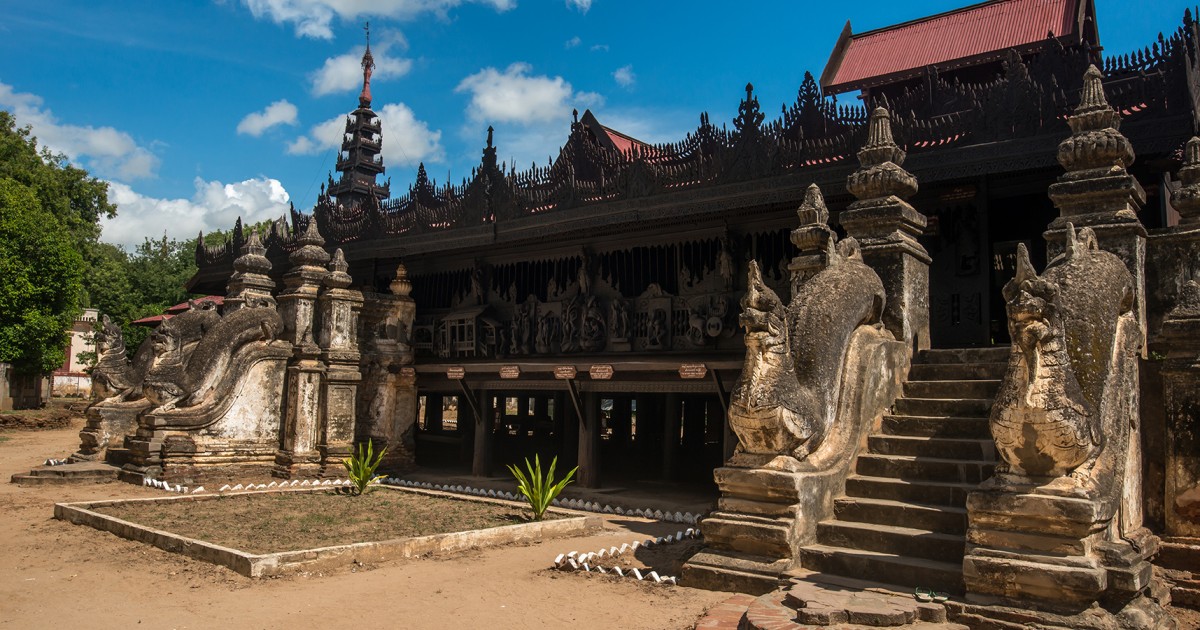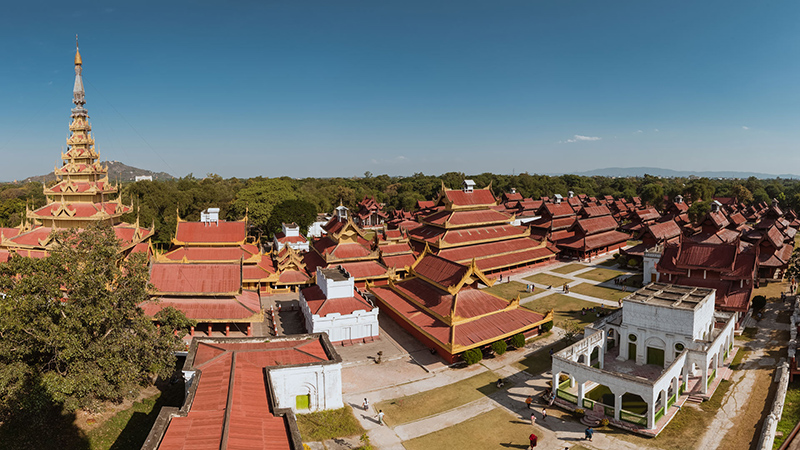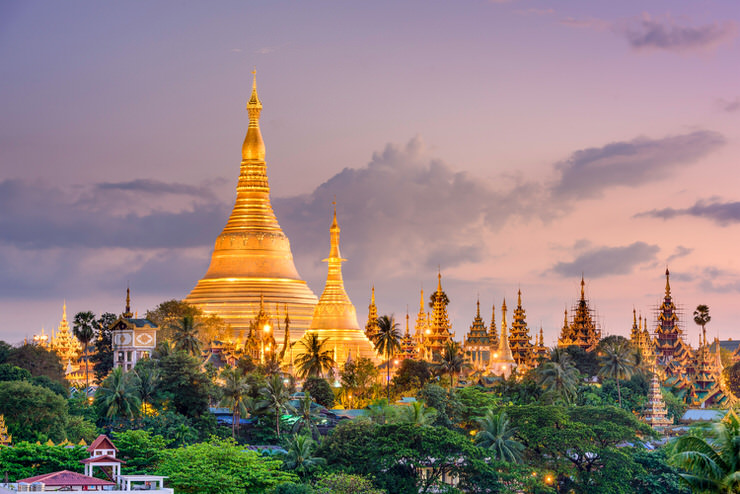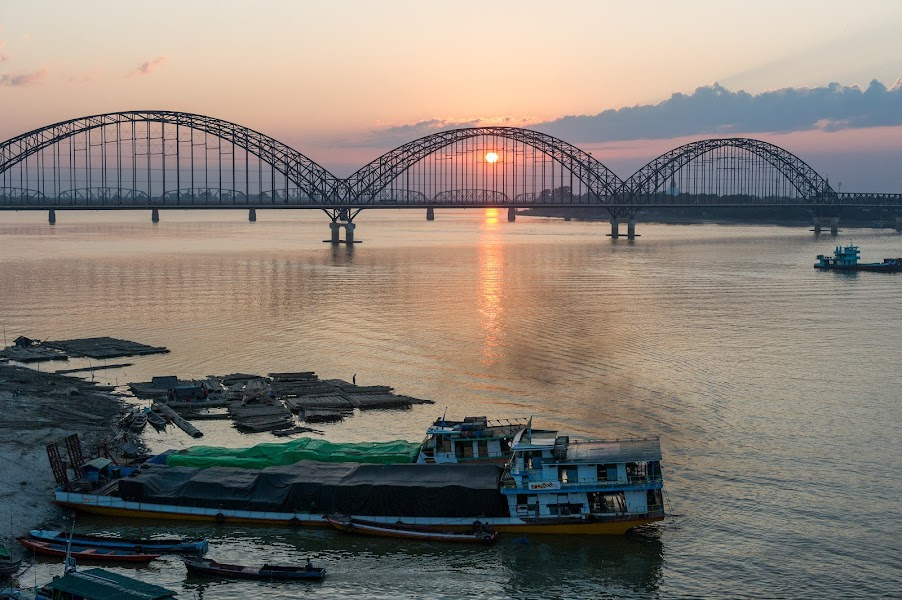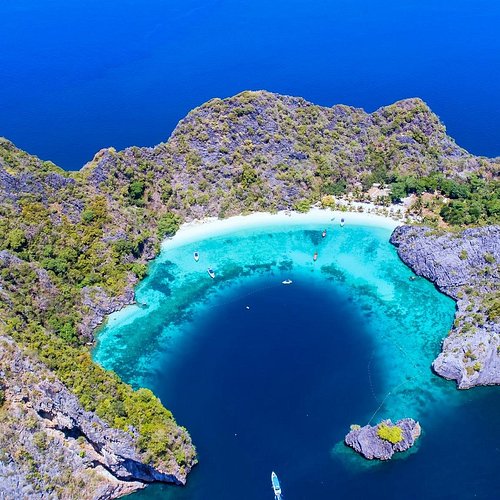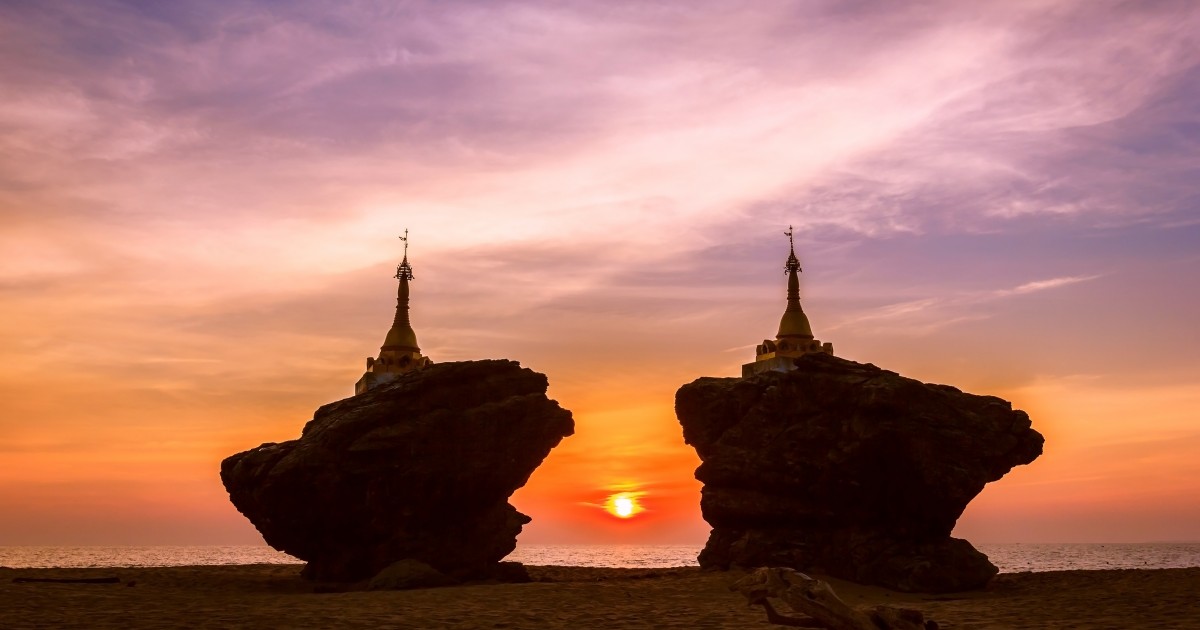Let me give you a quick look at Myanmar, a country rich in cultural heritage and natural beauty, where ancient temples dot the landscape, bustling markets vibrate with life, and diverse ethnic communities contribute to its vibrant tapestry of traditions and customs; alongside this captivating overview, there are essential things you need to know, such as travel requirements, local customs, and the best times to visit, which will help you fully appreciate all that Myanmar has to offer.
Visa
Most travelers to Myanmar are required to obtain a visa prior to entry, which can be conveniently secured either online via the eVisa platform or through a Myanmar embassy. Here’s an overview of the most common visa types:
1. Tourist Visa: This visa is suitable for those traveling for leisure, sightseeing, or recreation. It is typically valid for a 28-day stay, allowing ample time to explore Myanmar's landscapes and cultural sites. Extensions are generally not granted for tourist visas, so travelers should plan their visit within this timeframe.
2. Business Visa: For business-related travel, including meetings, conferences, and business operations, the business visa allows a stay of up to 70 days. Applicants will need documentation such as a letter from the sponsoring company in Myanmar and proof of their business activities. This visa can be applied for either online (for registered businesses) or at an embassy.
3. Social Visit Visa: Intended for travelers visiting family or friends in Myanmar, this visa also permits a stay of 28 days. Applicants are typically required to provide a letter of invitation from their host, along with proof of relationship if requested. This visa promotes personal connections, allowing travelers to spend time with loved ones.
For all visa applications, it is essential to have a valid passport with at least six months of validity remaining, a recent passport-sized photo, and any additional documents relevant to your visa type. To apply for a visa, visit the official Myanmar eVisa website or contact a local embassy for guidance.
Health Services and Vaccinations
Recommended vaccinations include:
1. Hepatitis A and B: Protects against liver diseases.
2. Typhoid: Important for food and water safety.
3. Japanese Encephalitis: Recommended for rural areas.
4. Malaria: Consult a healthcare provider for prevention advice.
While medical services in Myanmar are available in major cities, such as Yangon and Mandalay, they may be limited in rural areas. It is advisable for travelers to ensure they have adequate travel insurance that covers medical emergencies. In urban centers, travelers can find hospitals and clinics with varying levels of care, but facilities may not meet the standards found in Western countries. It’s wise for travelers to carry a basic first aid kit and any personal medications, as well as to familiarize themselves with the location of medical facilities in the areas they plan to visit.
Security
Myanmar is generally safe in designated areas. However, travelers should:
1. Avoid border regions:Travelers to Myanmar should avoid border regions, particularly those with ongoing conflicts, as these areas can pose safety risks. Regions near the borders with Thailand, India, and China may experience political instability. Sticking to well-traveled routes and designated tourist areas is advisable for a safer experience.
2. Stay updated: Staying informed about the security situation in Myanmar is essential for travelers. Regularly checking travel advisories from your home country can provide crucial information about potential risks and safety recommendations. By being proactive, travelers can make informed decisions about their itineraries and activities.
3. Register with your embassy: Registering with your embassy is a vital step for those traveling to Myanmar. By informing your embassy of your travel plans, you can receive important safety updates and assistance in emergencies. This registration enhances communication and ensures you can be accounted for during your stay.
Connection
1. Local SIM CardsTravelers can purchase local SIM cards from providers like MPT, Atom, and Ooredoo at airports and convenience stores, ensuring they stay connected during their trip.
2.Internet QualityInternet quality varies in Myanmar, with better service available in cities like Yangon and Mandalay. Wi-Fi can be slow or unreliable in rural areas, so plan accordingly.
3. LanguageBasic English is spoken in urban areas, especially in tourist spots, but proficiency may be limited elsewhere. Learning a few Burmese phrases can enhance communication.
Currency and Exchange
The currency is the Myanmar Kyat (MMK).Travelers should familiarize themselves with the currency to ensure smooth transactions during their visit.
1. US Dollars:US Dollars are widely accepted for exchange, but it’s important to ensure they are in excellent condition, as damaged notes may not be accepted.
2. Credit Cards:Credit cards are accepted at high-end hotels and some establishments in cities, but it’s advisable to carry cash for smaller purchases and rural areas.
3. Where to exchange: Currency exchange services are available at banks, airports, and authorized money changers, making it convenient for travelers to convert their funds as needed.
Electric Voltage
Myanmar operates on a voltage of 230V and a frequency of 50Hz. Travelers should check their devices to ensure compatibility with this voltage, as using incompatible equipment may damage electronics or cause malfunctions. It's advisable to carry devices that can handle this voltage range.
1. Plug types:The common plug types used in Myanmar are C, D, F, and G. Plug type C is two round pins, while type D has three round pins in a triangular configuration. Types F and G have different pin arrangements, so knowing which type you will encounter can help you prepare. It’s a good idea to familiarize yourself with these plug types to ensure your devices can be plugged in safely.
2. Adapters: To avoid any inconvenience while charging devices, using a universal adapter is highly recommended for travelers. A universal adapter allows compatibility with various plug types, making it easy to connect your devices to Myanmar's electrical outlets. This ensures that you can keep your electronics charged and ready for use throughout your trip.
Climate and Weather
Myanmar has three distinct seasons that impact travel plans. Being aware of these seasons can help you prepare for your trip.
1. Hot Season (March-May): The hot season runs from March to May, with temperatures often exceeding 35°C (95°F). Travelers should wear light clothing, stay hydrated, and schedule outdoor activities for the cooler parts of the day.
2. Rainy Season (June-October):From June to October, the rainy season brings heavy monsoon rains, particularly in July and August. Travelers should be ready for downpours and consider bringing waterproof gear. Some areas may be less accessible due to flooding, so staying informed about local conditions is crucial.
3. Cold Season (November-February): The cold season, from November to February, is the best time to visit Myanmar. Temperatures range from 20°C to 30°C (68°F to 86°F), making it comfortable for sightseeing. This season also features various festivals, providing an opportunity to experience local culture and traditions.
Taxes and Tips
Myanmar includes a commercial tax of around 5% on most goods and services, which is typically factored into listed prices. While tipping is not mandatory, it is welcomed, especially in the hospitality and tourism sectors. Travelers should note the following when tipping:
1. General Tipping: Offering a 5-10% tip is customary in restaurants, hotels, and spas for good service. In smaller, family-run establishments, tipping is less expected but always appreciated.
2. Guide and Driver Services: Tipping guides and drivers is common practice. For tour guides, a tip of about $5-10 per day is standard, depending on service quality. Drivers typically receive a smaller tip of around $3-5 per day. The gesture is a significant way to show appreciation for their hospitality and knowledge.
3. Porters and Hotel Staff: For hotel porters, a tip of 500-1000 MMK (about $0.30-$0.60) per bag is considerate. Housekeeping staff may also be tipped similarly if you stay for multiple days.
Overall, tipping is a kind way to support local workers in the tourism industry and leaves a positive impression. However, always ensure cash tips are in Myanmar Kyat (MMK) or clean U.S. dollars, as damaged or old notes may not be accepted.
